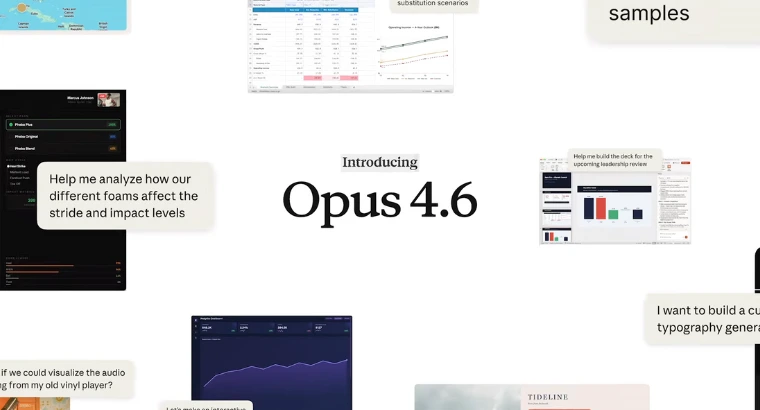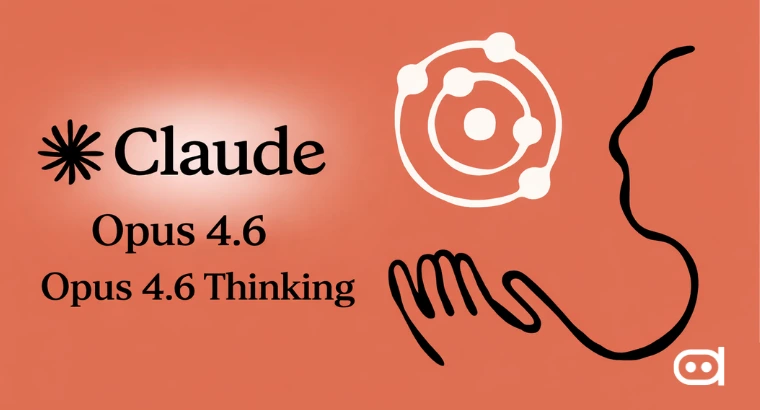
Key Highlights:
- MenoZen uses VR and AI to guide women through menopause therapy sessions with calming, evidence-based environments.
- Flourish delivers personalized, doctor-modeled menopause support through an always-available AI companion verified by real clinicians.
- Together, these tools show how AI can restore empathy, trust, and continuous care in women’s health without replacing doctors.
The way the world is seeing AI is constantly changing. There are two different sections of society, one that feels AI is for our good, and another which thinks AI is killing creativity and jobs (which it indeed is). However, this piece is all about how AI can be used in a good way, and that too in a clinical setting. We’re talking about AI conducting a preliminary assessment to offering menopause care.
How AI is Transforming Women’s Health
Various studies have shown that AI-assisted consultations can improve early diagnosis, treatment accuracy, and adherence in chronic conditions. However, one area where AI’s impact feels especially transformative is women’s health, and especially menopause.
A report “The demography of menopause” published in National Institutes of Health (NIH) website, indicates that despite estimated to affect over a billion women worldwide by 2030, menopause remains under-discussed in clinical settings. But, it is surely getting much attention. It’s true that fifteen-minute appointments aren’t enough for doctors to assess wide-ranging physical and emotional changes that come with it.
That’s where AI is beginning to step in. The technology isn’t acting as a substitute for clinicians, but as an always-available layer of support for patients who need deeper, ongoing guidance.
MenoZen: When AI VR Meets Menopause Support
Well, a new report from Axios, suggests that doctors and researchers are experimenting with AI in new ways to supplement care. Per the report, MenoZen is at the front and center of this effort. It’s an immersive VR-AI program which helps women manage menopause through interactive, evidence-based experiences. Here, it’s worth noting that this program has been designed by researchers in Cedars-Sinai’s Virtual Medicine Program.
During the testing period, participants reportedly wore Apple Vision Pro and spoke with a robot-like AI avatar that acted as a cognitive behavioral therapist. What’s interesting is that the session participants attended went beyond what chatbots can do.
Apparently, they simulated natural conversation and even placed participants in relaxing environments like snowcapped mountains, etc. And, it was done while they were discussing hot flashes with the AI avatar. Speaking with the news outlet, lead researcher Karisma K. Suchak says, “it’s not meant to replace clinicians but instead to supplement support using evidence-based research and education.”
Flourish: The Doctor-Modeled App That Listens Like a Human
Another promising example mentioned in the report is “Flourish.” It’s a mobile app co-created by Dr. Heather Hirsch, founder of The Menopause Clinic at Brigham and Women’s Hospital, and OB-GYN/computer scientist Nihar Ganju. The app is currently available on iOS and Android for roughly the cost of a co-pay ($42).
So, what’s interesting about this app? From what’s reported, the app gives access to an AI, which is modeled after Hirsch’s tone, expertise, and bedside manner. As an app user, you can always describe symptoms, ask questions, and receive treatment recommendations. The app doesn’t give final recommendations on its own, rather everything gets reviewed and approved by real doctors before being finalized.
Hirsch says that the idea isn’t to replace a doctor with a digital one, but to create one that’s available for you. “The way it operates isn’t unlike a resident assessing a patient before the doctor signs off on the plan, except this “resident” can talk to patients all day long,” Ganju adds. Early testing has revealed positive outcomes, as the app helped patients visit a clinic better prepared, more informed, and less anxious.
Restoring Trust and Empathy
AI-supported menopause tools like MenoZen and Flourish go beyond symptom tracking, and work more like your daily companions. You get evidence-based and doctor-approved insights and therapeutic feedback that encourage self-awareness and empowerment.
The report further talks about the rise of AI in menopause care is also important to tackle misinformation circulating online. With thousands of unverified “hormone hacks” and pseudo-wellness influencers crowding social feeds, it’s a good idea to have medically supervised AI that could restore some much-needed trust in the conversation around women’s health.











